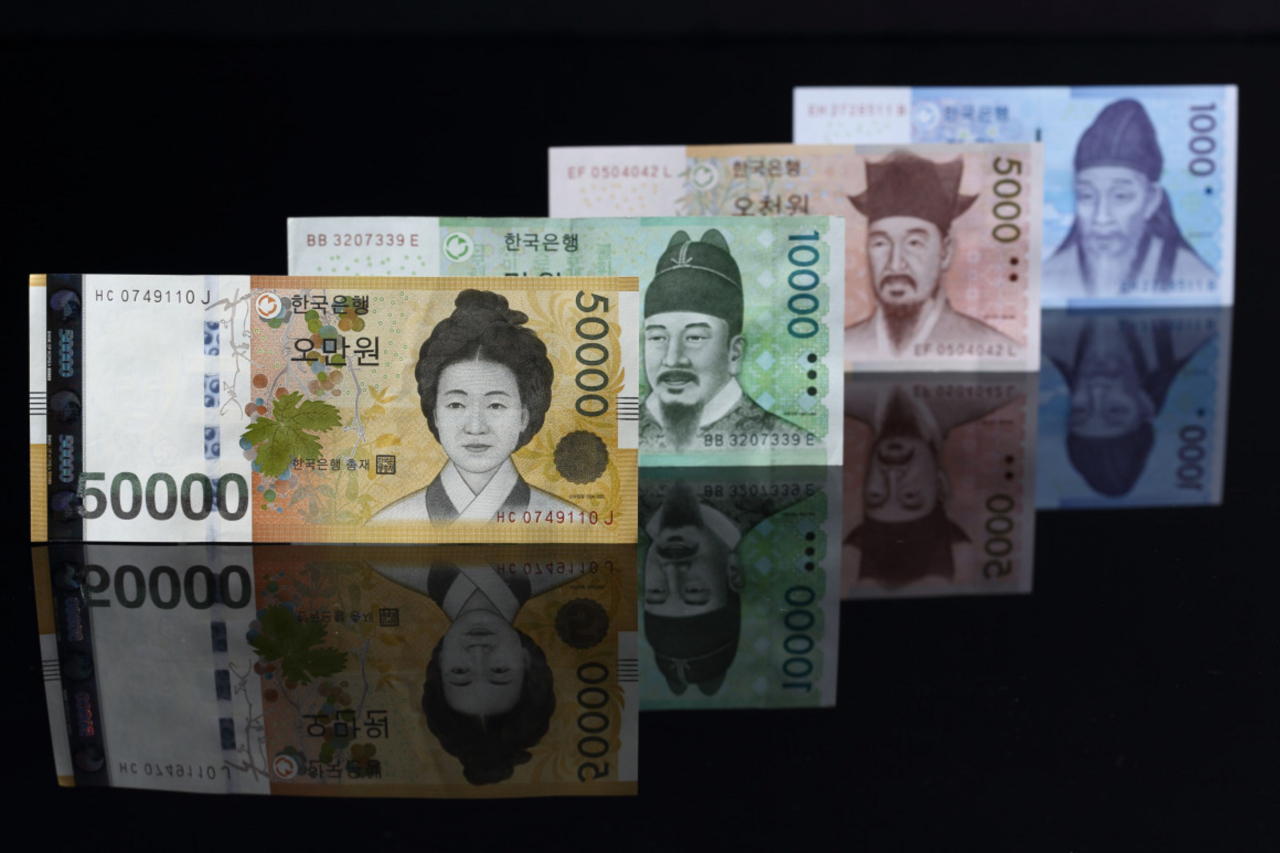Public sector debt hit record high last year amid pandemic: data
By YonhapPublished : Dec. 15, 2022 - 10:57

South Korea's public sector debt exceeded the 1,400 trillion-won ($1.08 trillion) mark for the first time last year on the government's expansionary policy to cope with the fallout from the COVID-19 pandemic, the finance ministry said Thursday.
The country's public sector debt, known as D3, came to 1,427.3 trillion won last year, up 11.5 percent from the previous year, according to the data from the ministry.
It was the highest level since the government began compiling related data in 2011.
D3 covers general government debts and debt holding of non-financial state-funded firms.
The size was equivalent to 68.9 percent of the country's gross domestic product last year, which marked an all-time high, the data showed. The comparable figure for 2020 was 66 percent.
The growth came as the country's general government debt surged to a record high of 1,066.2 trillion won last year, up 12.8 percent from a year earlier.
D2 covers debt by the central and provincial governments and nonprofit public institutions.
The country's D2-to-GDP ratio came to 51.5 percent last year, up from 48.7 percent in 2020.
The central government debt rose to 1,016.2 trillion won from 898.4 trillion won a year earlier, including the sale of Treasurys worth 110.4 trillion won.
South Korea sharply increased fiscal spending last year to respond to the pandemic, according to the ministry.
Last year, the country's national debt, known as D1, grew by the largest-ever amount of 124 trillion won to stand at 970.7 trillion won. D1 covers debts by the central and provincial governments.
South Korea's fiscal health remains sound compared with other major economies, but its national debt is growing at an alarming pace.
"It is needed to strengthen the management to ensure financial soundness given our longer-term financial conditions, such as the low birthrate, rapid aging and low growth potential," the ministry said in a release. (Yonhap).





![[Herald Interview] 'Amid aging population, Korea to invite more young professionals from overseas'](http://res.heraldm.com/phpwas/restmb_idxmake.php?idx=644&simg=/content/image/2024/04/24/20240424050844_0.jpg&u=20240424200058)












![[KH Explains] Korean shipbuilding stocks rally: Real growth or bubble?](http://res.heraldm.com/phpwas/restmb_idxmake.php?idx=652&simg=/content/image/2024/04/25/20240425050656_0.jpg&u=)

